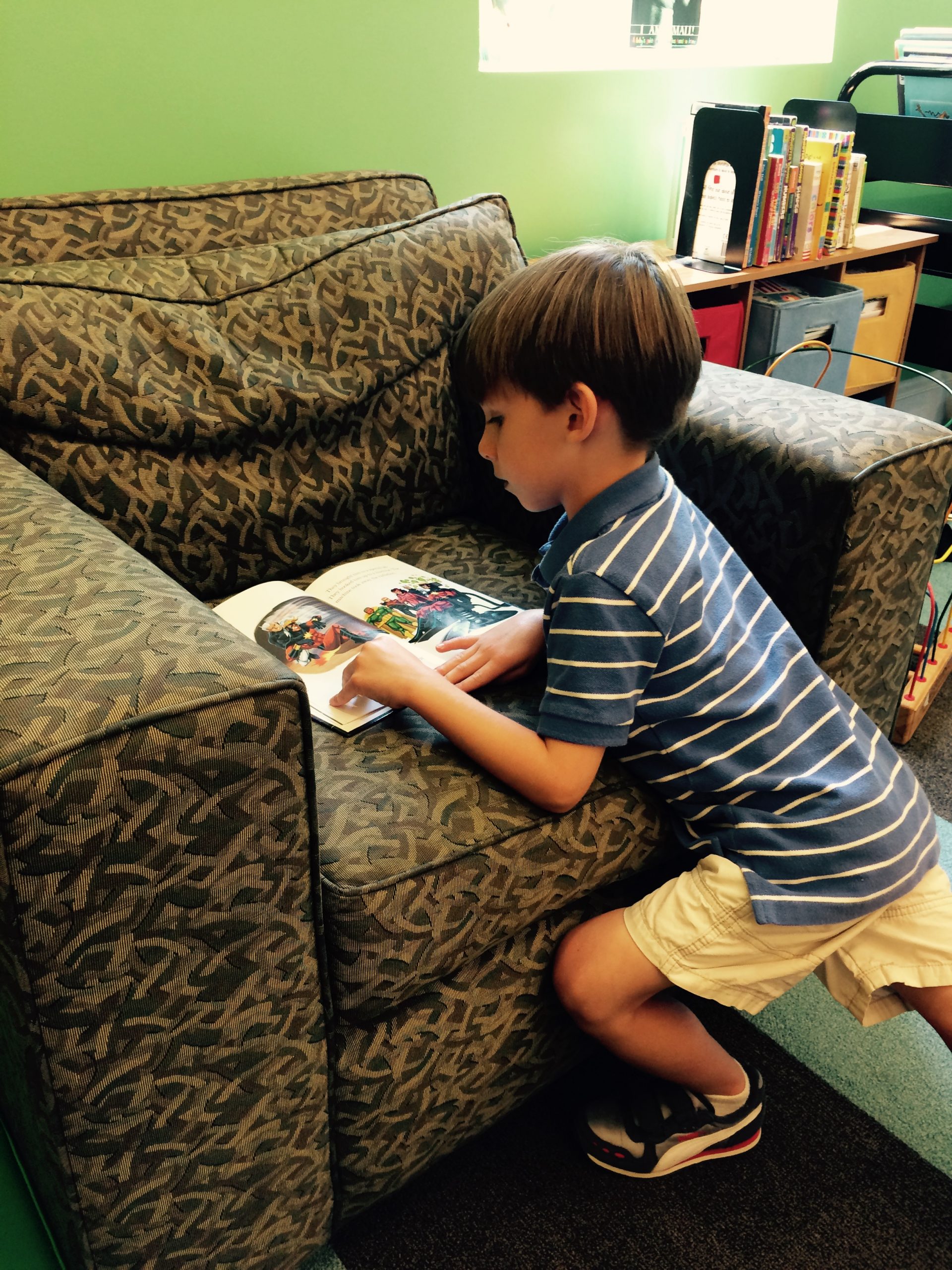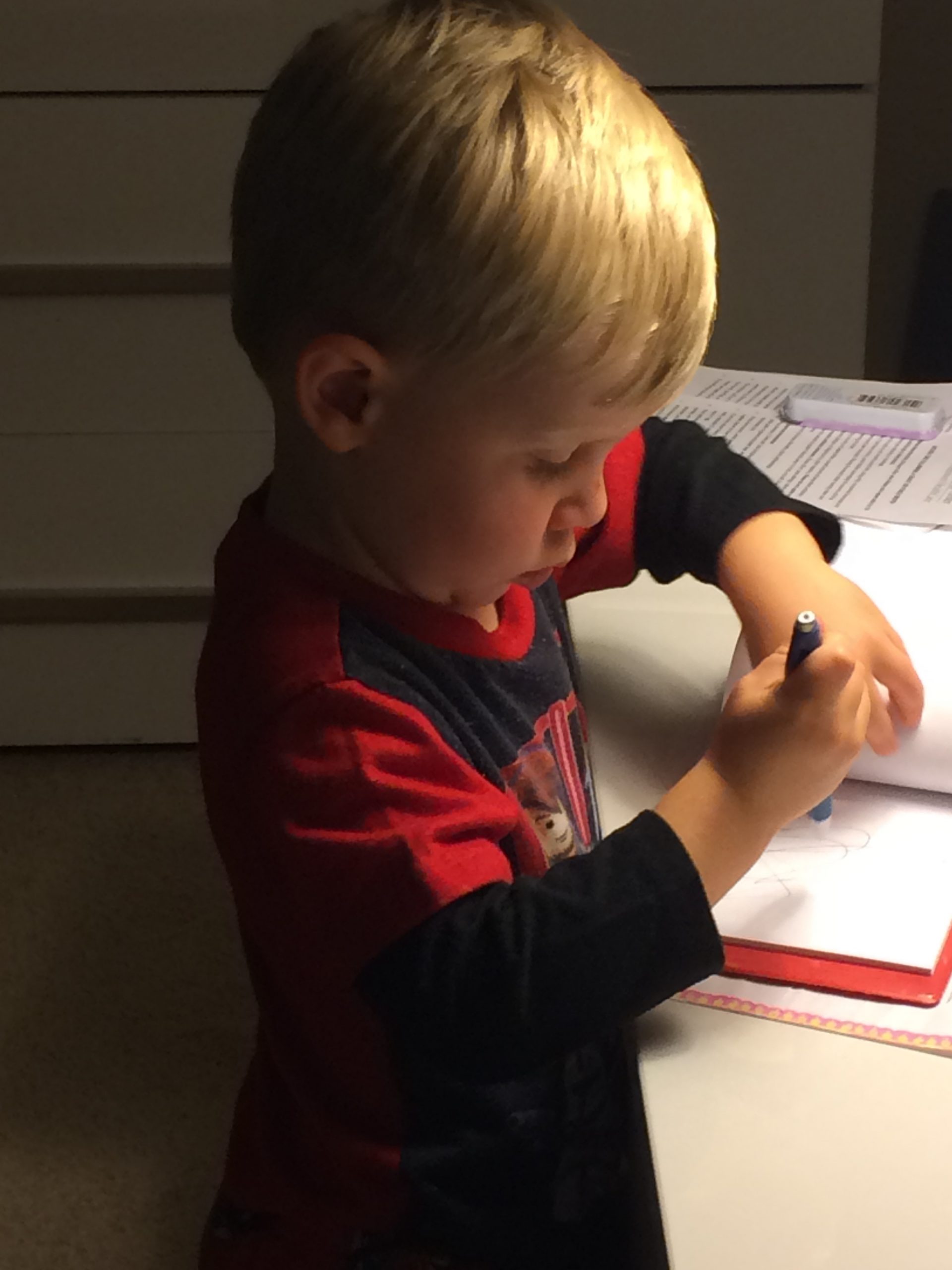Children that learn to read early excites every parent. However, pushing a young child to read before he or she is ready is counterproductive. By forcing words, letters and sounds on a child that is not ready does not enable them to be ahead of the game when it comes to attending school. Pushing them to start early does not give them the edge over other children. In fact, pushing them too soon sets them up for failure. Furthermore, it hurts their self-esteem.
There is no doubt that adults should read to children of all ages. However, repetitive training and memorization of flashcards is not the answer. Meanwhile, developing their oral language before they are ready is far better than pushing them to read. Children that begin reading when they are developmentally ready process complex material easily.
Early Reading For Success
Of course, reading opens doors for a student’s success. It develops a love of learning and possibly higher grades for students. However, oral language skills is the basis for literacy development. Therefore, reading develops a child’s brain. The young child, before the age of six, learns at a faster pace than any other time during their life. So, the connections in the brain are made at a very young age. The connections (dendrites and synapses) store information and experiences for future learning.
Learning to read at the ages of 6 or 7, enables students to become researchers. They learn to understand more of what they read. Also, it enables them to take relevant information from whatever they read in books, magazines, social media, and other sources and apply it to new situations.
Independence
Children that begin to read early develop self-confidence. They become independent. Once students, gain their reading ability, they spark curiosity. They become problem-solvers. In addition, the spark of creativity and imagination grows. Reading develops a rich vocabulary. As a result, oral and written communication skills develop. 
Some children develop an interest in reading before others. However, children are developmentally different. Forcing something on a child that is not ready will create a problem later in years. Parents and teachers need not push children before they are ready. Children must have many opportunities to learn through exposure, experiences and various materials. As they show interest, they need to be guided through the learning process.
![]()



